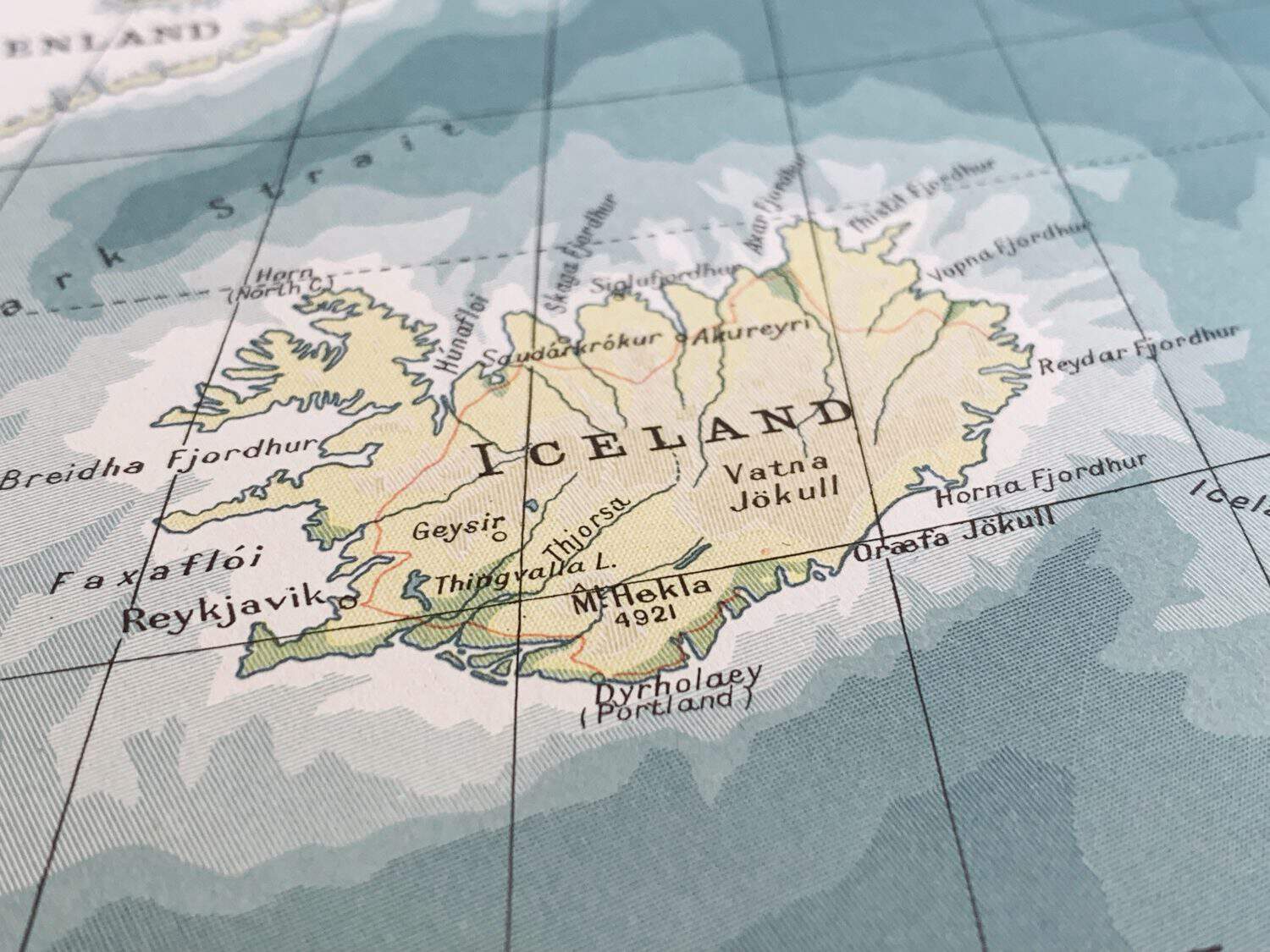
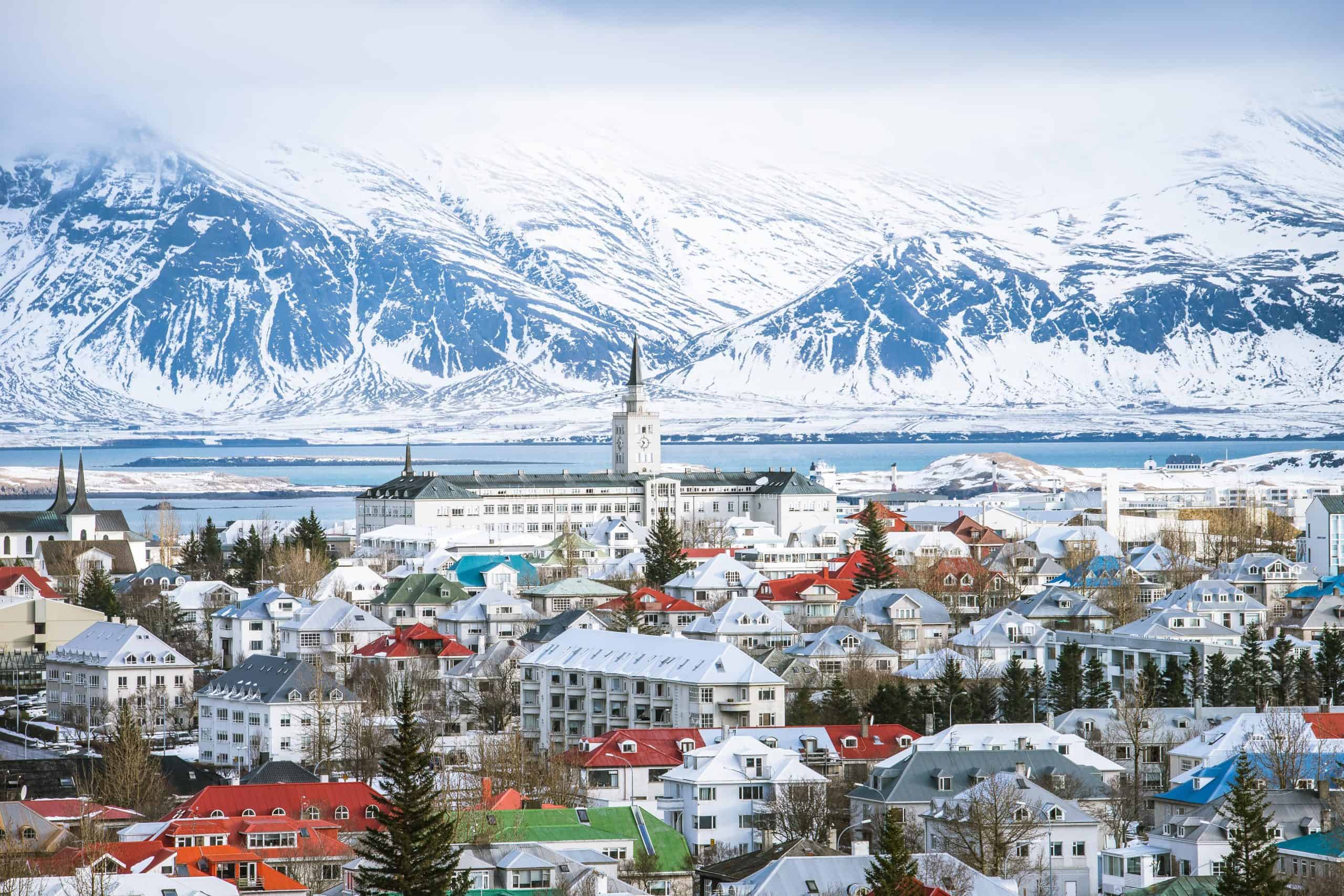
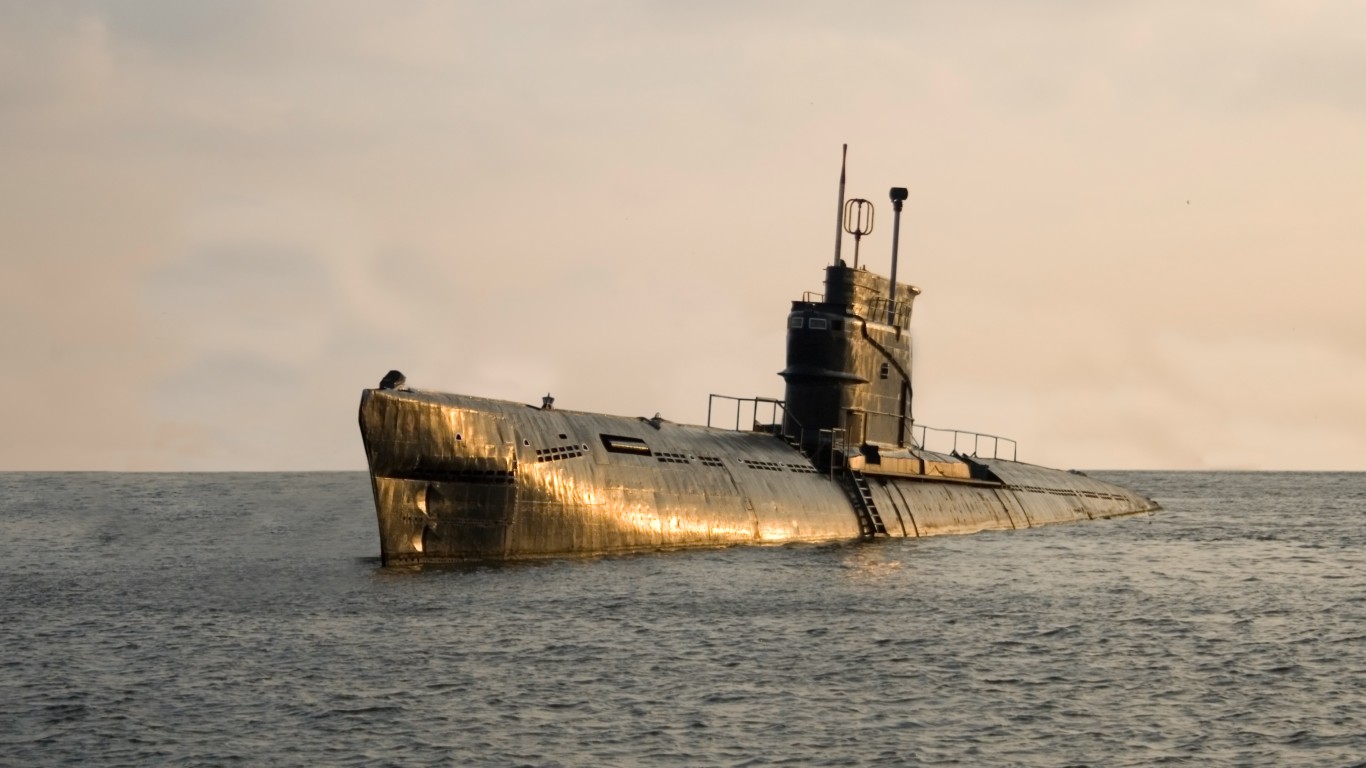
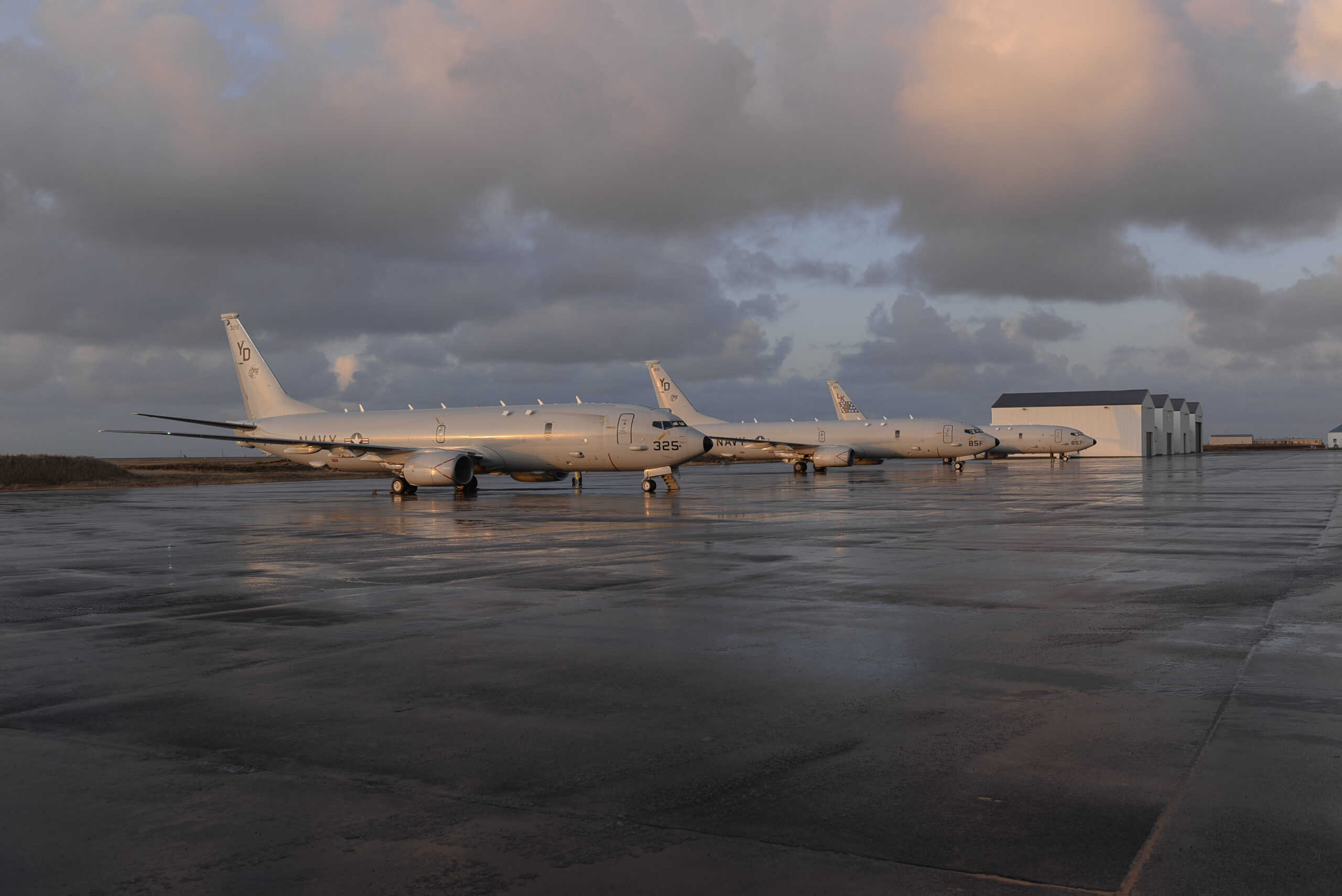


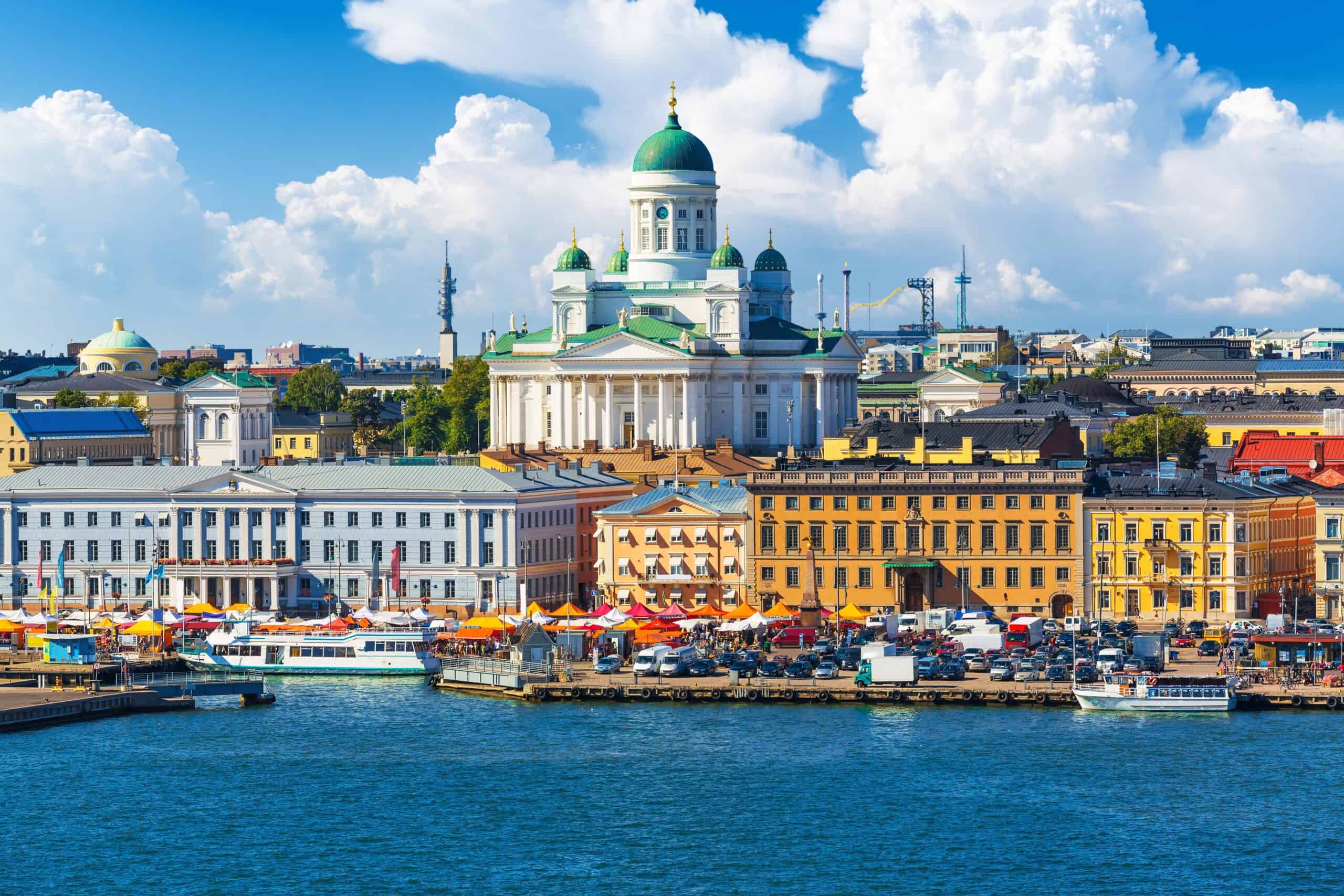
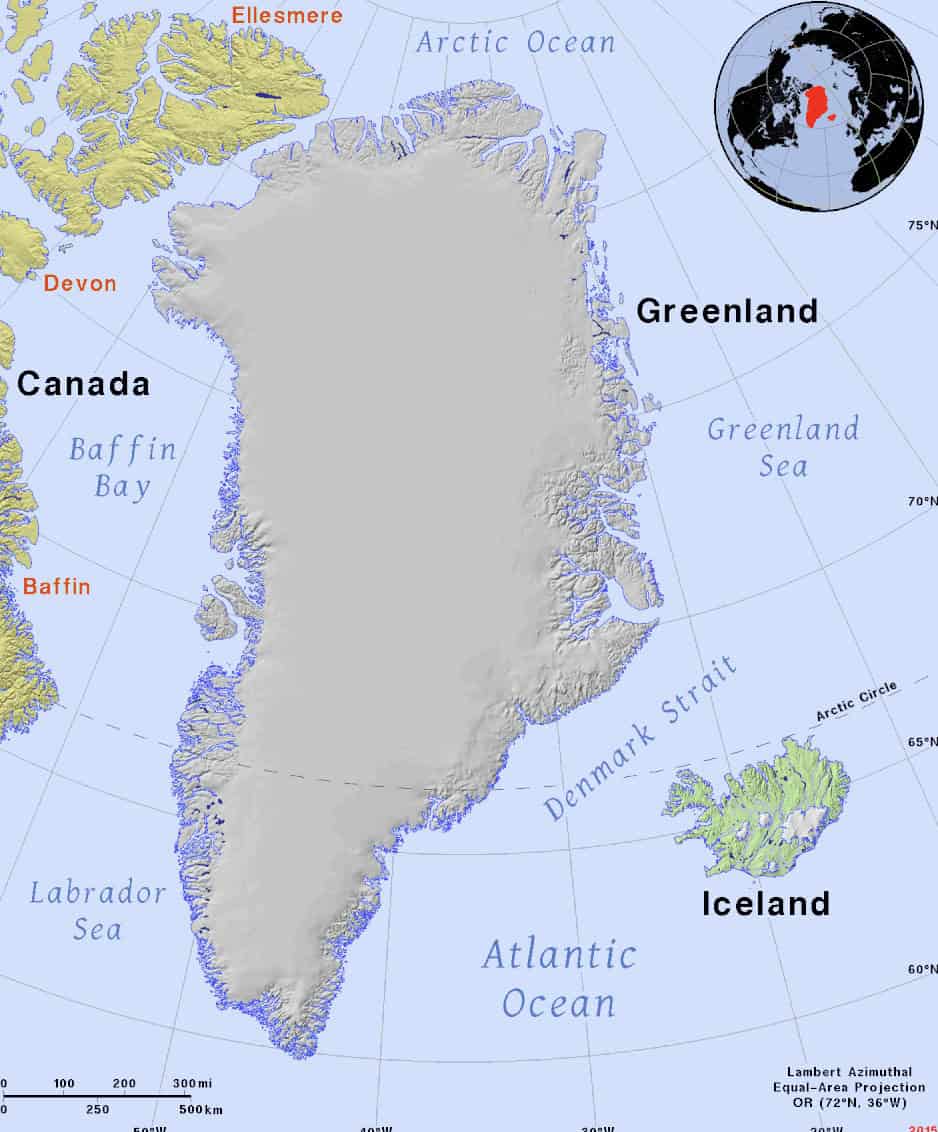







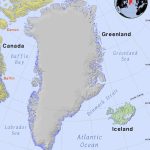
Iceland Outpaces NATO Allies in Strategic Value Despite Lowest Defense Spending
After WWII, Iceland altered its neutral stance based on its geographical location in the North Atlantic, which made it vulnerable to Soviet influence. Despite lacking a standing army, Iceland is one of NATO's most strategic allies in terms of defense. Iceland's position in the critical maritime region known as the GIUK gap makes the north European country vital for tracking submarine activity. The island helped protect the transatlantic route starting in the 1940s, throughout the Cold War, and in modern times.
Iceland cannot contribute to NATO financially, failing to meet the 2% defense spending target. However, the island country contributes to the alliance in multiple other ways. The NATO Iceland Air Defense System is a network of radars monitoring a large area the size of Germany. Its Keflavik air base is home to fighter patrols, training exercises, and U.S. patrol craft. Iceland is also instrumental in providing humanitarian aid to Ukraine and participating in joint defense operations with other Nordic countries.
This slideshow covers Iceland's value to NATO in all its forms, despite lacking a significant defense budget and large numbers of troops. We highlight its contributions in the form of geographical locations, infrastructure, and diplomatic ability. Learn how Iceland is indispensable for safeguarding the North Atlantic from Russian military activity, providing a crucial early warning point.
Iceland's Unique Role in NATO
- Iceland is the only NATO member without a standing army.
- Its strategic location in the GIUK gap makes it vital for North Atlantic defense.
- Iceland joined NATO in 1949 to counter Soviet influence after World War II.
The Importance of the GIUK Gap
- The GIUK gap is a key maritime choke point between Greenland, Iceland, and the United Kingdom.
- During the Cold War, NATO monitored Soviet submarines passing through this area.
- Today, it remains crucial for tracking Russian naval movements.
Iceland's Cold War Legacy
- The Keflavik air base was central to NATO surveillance during the Cold War.
- It was closed in 2006 but reopened in 2017 due to renewed Russian aggression.
- Allied fighter jets and patrol aircraft now regularly operate from Keflavik.
Contributions Without an Army
- Iceland operates the NATO Iceland Air Defense System with four radar sites.
- It provides round-the-clock monitoring over an area the size of Germany.
- The country also makes financial contributions to NATO's operating budget.
Support for Ukraine
- Iceland donated a fully equipped field hospital to Ukraine.
- It contributed to Czechia's initiative to supply artillery shells.
- The nation also sent winter gear and supported bomb disposal training in Lithuania.
Nordic Cooperation
- Iceland supports Finland and Sweden's NATO membership.
- It pledged to assist them if attacked before joining NATO.
- The country works closely with other Nordic nations on security matters.
Strategic Value Over Size
- Iceland's geographic location outweighs its small size and population.
- Control of Iceland secures vital transatlantic routes.
- Losing Iceland would weaken NATO's northern maritime defenses.
The image featured at the top of this post is ©AustralianCamera / Shutterstock.com – License / Original